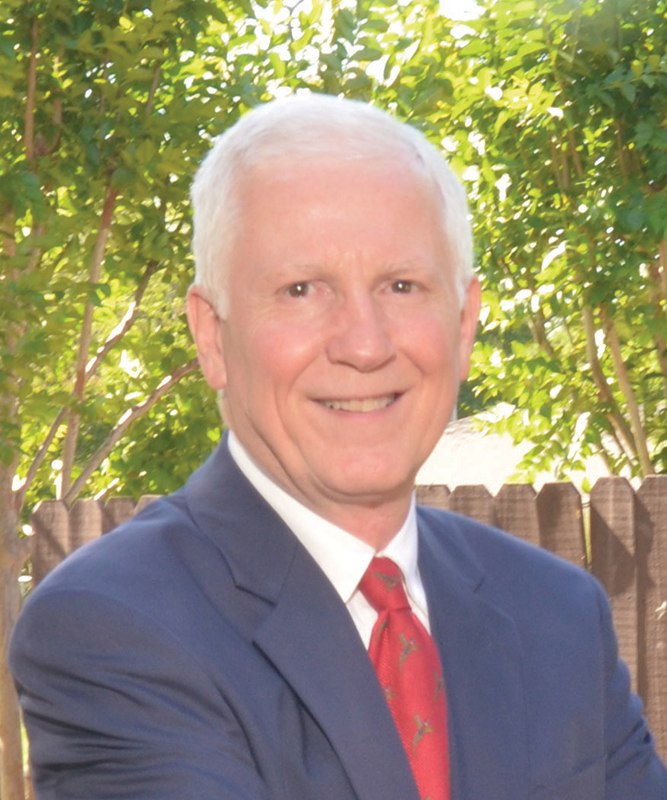By Walton Gresham
Thirteen States, including our neighbors to the west (Arkansas), and the north (Tennessee), have embraced the reality that they will not repair and maintain a 2017 road and bridge system in their respective States with a revenue stream instituted in the 1980’s. 11 of these 13 States that have passed road and bridge programs did it by taking one similar legislative step,—and that is adopting a user-fee approach for building and maintaining State-wide road systems. In other words, you don’t pay for the road system that you desire to have in your State unless you travel on it. It is an irony that during the past 12 months, the price of motor fuel at the pump has experienced swings of more than 10¢-15¢ per gallon, which is precisely the amount required to pay for all of the current needs for upgrades and maintenance of our system.
No matter whether you are a truck driver, a farmer, a CPA, the CEO of a manufacturing company, a school teacher, or a school bus driver, the most accountable, the most transparent, the most reliable and the most equitable method for establishing a stable funding stream for road and bridge repairs is for the collection of those revenues at the pump. Indeed, there are many other revenue streams to fund road programs; however, no other alternative funding source has an equivalent justification for being used exclusively for road repairs.
There are federal guidelines for bridge safety standards and there are national standards for pavement condition ratings which serve as the measurement of performance of a State road system. Mississippi has more than 1,000 structurally-deficient bridges and the pavement condition rating on our road system throughout Mississippi, in every corner of this State, is the lowest it has been in the past 25 years.
As the Chairman of our region-wide Transportation Committee of Delta Council, we have repeatedly emphasized to lawmakers and State-wide public officials that there are no new or novel ideas that we have discovered that will address the pressing problems of our deteriorating road and bridge infrastructure. Quite simply, our committee and our elected Directors from the 18 counties of Northwest Mississippi have repeatedly and unanimously adopted a policy to enact a law which stipulates which roads and bridges should be part of a major maintenance and renovation program; also, there must be a provision put into the law which outlines the phases of such a massive undertaking, ensuring in statute when these roads are scheduled for upgrades; and finally, any such legislation must include a reliable and accountable source of funding which is directly connected to a user-fee approach.
According to one of the largest transportation advocacy groups in the nation, Transportation for America, since 2012, 98% of the representatives in those States voting yes on Bills to increase transportation revenues, won their next election cycle.
The message seems to be clear that voters want better roads and bridges, and they want a transparent and dedicated source of reliable funding that ensures that every gallon of motor fuel which is purchased is pledged to better road infrastructure. The concluding and most important point that we feel must be communicated to Mississippi elected officials is not that we must have a road program,—all public officials agree upon that; instead, the element which any lawmaker or State-wide public official deserves to hear from us at the barber shop, at the coffee shop, at the drug store, at the grocery store, or at the post office is that we are in support of a user-fee, motor fuel tax which will support the necessary funding stream to bring a major road program to all parts of Mississippi,—rural and urban, densely and sparsely populated, four-lane and two-lane, and on a schedule of maintenance that once gave Mississippi claim to be one of the top 10 road systems in the United States at the turn of the 21st Century. DBJ
Walton Gresham is a lifelong resident of Indianola and is a partner in Grehsam Petroleum.

